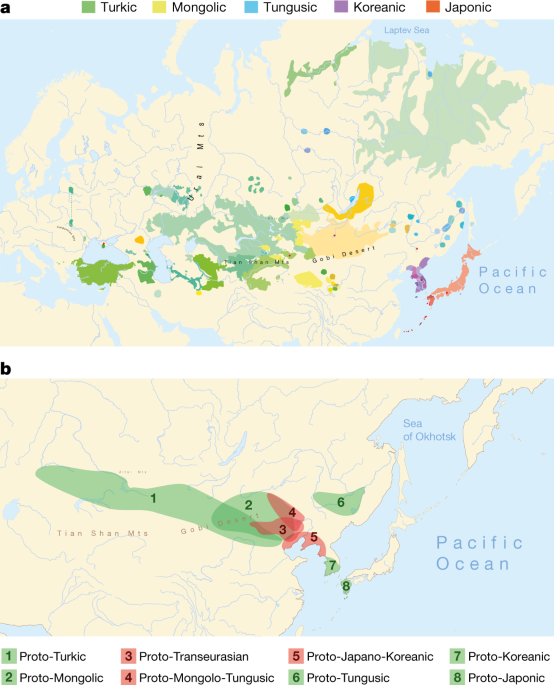Murphy
cat malogen
Is free will, or the illusion, the most unnatural thing then?
I always avoided these deep questions in confessional booths for fear of being nonced
Is free will, or the illusion, the most unnatural thing then?
I always avoided these deep questions in confessional booths for fear of the most unnatural thing

Do you agree
In many public statements, conferences and interviews, you have declared that nature is a racist concept. Can you explain this idea? In reality it is simple! Nature, as I have already said, should be different from culture or society or that which is human. This clear distinction is biologically incorrect. Obviously, we have evolved from other forms of life and we are ecologically connected with them. What does this difference explain? The demarcation line between “us” and “them” is known, in robot design, as uncanny valley. Robots which seem human appear stranger and more disturbing as they approach similarity with our own image. This valley includes beings which racists call subhuman, inhuman, those who are treated worse that what we call animals - considering how the Nazi party supported animal rights and how much Hitler loved his dog Blondi. This is perfectly in line with Nazism. Dogs are natural, the humans in the uncanny valley are not. Nature is a racist concept.

Timothy Morton, the interview: “Nature is a racist concept”
The English philosopher Timothy Morton speaks of his vision of the future, the concept of hyperobjects and the implications of the project on the universe.www.domusweb.it
Not sure about the ancient steppe peoples - that would include the Proto-Indo-Europeans, i.e. 'Aryans' or Ur-Germans as far as the Nazis were concerned. The Nazis weren't really bothered about Asian people, and went as far as to categorize the Japanese as "honorary Aryans", plus they fetishized Hinduism, Tibet, etc.Indeed. and with that false leap of logic the speculative realist ends up entrenching race. the problem is not that Hitler loved his dog, the problem is that the nazis believed that Jews (and the steppe peoples, so that by nature includes us old asian barbarians) could only treat animals and the natural environment commercially and part as monetary transaction. I quoted Ishay Wanda's book on here a couple of times and you should read it, and behave yourself!
What trendiness does to an mf.
Not sure about the ancient steppe peoples - that would include the Proto-Indo-Europeans, i.e. 'Aryans' or Ur-Germans as far as the Nazis were concerned. The Nazis weren't really bothered about Asian people, and went as far as to categorize the Japanese as "honorary Aryans", plus they fetishized Hinduism, Tibet, etc.
In fact the Nazis in general were pretty keen on barbarians, as long as they were the right sort of barbarians. The Jews were constructed as being civilized (in the worst possible way), urban, etc. - the very opposite of healthy, vigorous, nature-attuned barbarians.
Never too late to start.i must confess i seldom if ever talk about it
Wonder if there will be a resurgence of that ideology, now that there's renewed support for the 'Altaic' language family (except they're calling it the Transeurasian family now) - including Japonic and Turkic, among others - from archaeology and genetics:Japan fetishism was also big in Kemalist ideology, the yellow wave which will supplant Christian Europe. Japan's victory in the Ruso-Japanese war and its effect on nazism and state developmentalist ideologies is not talked about enough, i think.

Wonder if there will be a resurgence of that ideology, now that there's renewed support for the 'Altaic' language family (except they're calling it the Transeurasian family now) - including Japonic and Turkic, among others - from archaeology and genetics:

Triangulation supports agricultural spread of the Transeurasian languages - Nature
A ‘triangulation’ approach combining linguistics, archaeology and genetics suggests that the origin and spread of Transeurasian family of languages can be traced back to early millet farmers in Neolithic North East Asia.www.nature.com
